Remembering History is Important: One should Know that Savarkar Wrote his own Biography to Glorify Himself
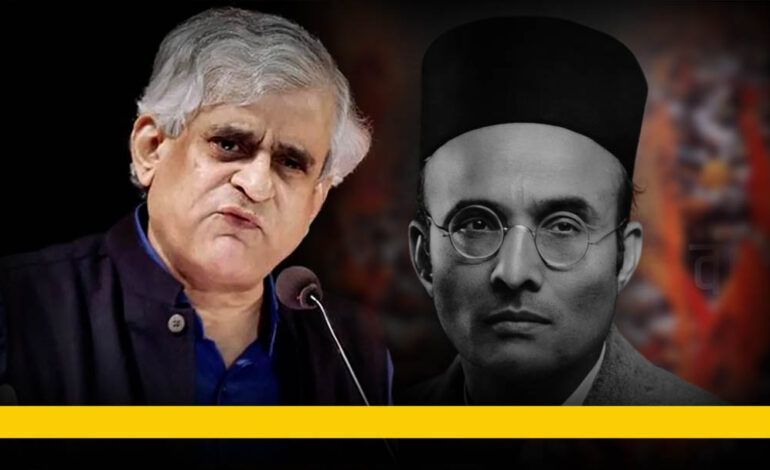
This is the second part of the edited transcript of renowned writer and journalist P. Sainath’s inaugural speech at the Panchajanyam film festival at Chittoor, Palakkad, Kerala. The event took place on February 4, 2024. (For Video, Click Here)
We are seeing genocide and are unable to condemn it. We are seeing genocide in Palestine. We are seeing genocide televised live. Yet, it doesn’t move us to action.
One of the things that I am proud of, and I want to tell you about rediscovering remembrance. Remembrance is resistance, and there is no resistance without remembrance. One of the things that I first remember most proudly about my country is the first passport that I owned, in the first half of the eighties. And, it said: “All countries except the Republic of South Africa and Israel.”
Do you know that Indian passports had a ban on South Africa even before we became independent. A poor country emerging from famine, from hundreds of millions of deaths, South Africa was boycotted by all countries. That country lost 5% of its external trade because we had a huge trade surplus with it. And, we did that on morality. Ours was a moral position. We may not have been a great nuclear power, but we were a great moral power. Mahatma Gandhi in the 1930s was already condemning what was happening in Palestine. Every single Indian national leader worth his salt was condemning what was happening in Palestine because they knew what British imperialism did.

I have been to over 45 colleges and universities in the last more than one-and-a-half years with my book “The Last Heroes – Foot Soldiers of Indian Freedom” based on the life story of living freedom fighters. Incidentally, it is also published in Malayalam. You know, when you have completely erased history to this extent, Naturam Godse resurfaces as a freedom fighter, as a hero. Savarkar resurfaces as a hero.
Now, I will tell you two things, one about myself and the other about Savarkar. I was not trained as a journalist. I was trained as a historian, and my guide was K.N. Panikkar. My teachers were Romila Thaper, K.N. Panikkar, Bipan Chandra, S. Bhattacharya, and S. Gopal. I dropped out of my M.Phil and P.hD and went into journalism. Now, let me share my understanding of Mr. Savarkar. You know, Vinayak Damodar Savakar was a genuine revolutionary till 1911. Let us not indulge in the erasure of the past. He was a genuine bonafide revolutionary till 1911. That is when he was thrown into the Andamans, and all his revolutionary zeal vanished.
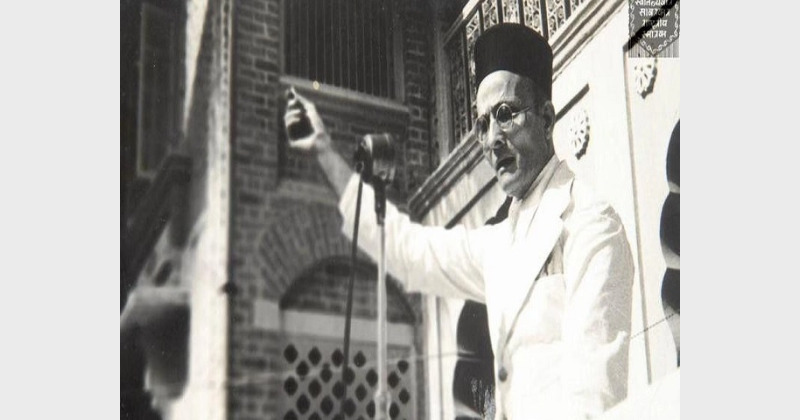
There were hundreds of others who were sent to the Andamans, but he was the only one who wrote seven begging mercy petitions to the British Raj, saying: “Spare me. I will be your advocate.” There were others who wrote letters seeking remission of sentence in various prisons in India, but the Andaman prisoners did not write mercy petitions except Savarkar. Leaders of the old Ghadar party in Punjab would write letters from prisons. Gurmit Singh, founder of the Desh Bhagat Yadgar Hall in Jalandhar, would write letters citing domestic issues, and within a week of being released on compassionate grounds he was bombing the British barracks in Hoshiarpur railway station. These were your revolutionaries, and none of them offered to collaborate with the British.
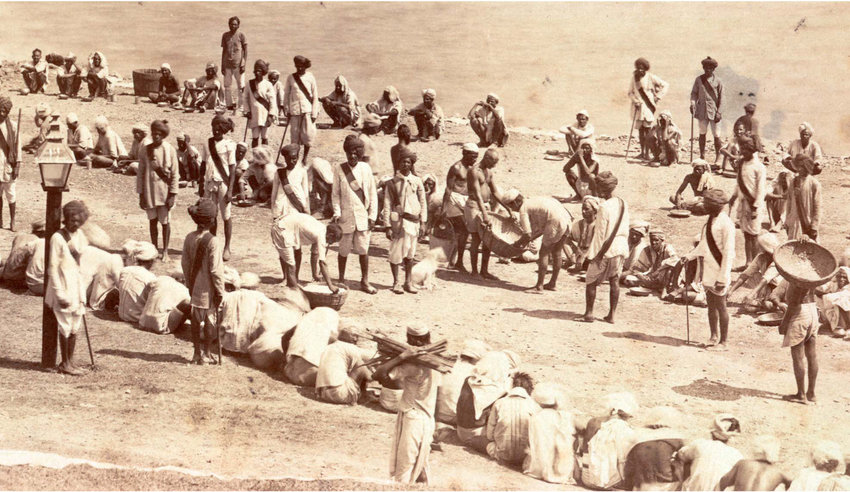
I suggest you read Mr. Savarkar’s letters. A.G. Noorani’s seminal book contains five of the seven petitions. They are in the National Archives. The point is that after spending time writing Mercy petitions to the British, he was released. He was confined to Ratnagiri district. He was not under house arrest, but he could not leave the district. In 1926, a book titled “The Life of Barrister Savarkar” was released. The book was written by the pseudonym Chitra Gupta (Chitra Gupta was, as per mythology, the scribe and book-keeper of Lord Yama). In the 18th and 19th centuries, a lot of people used the pseudonym ‘Chitra Gupta’ because it had some authority. The book was a terrible hagiography. It was, in fact, such a eulogy of Savarkar that it gives hagiography a bad name. The book was proscribed in 1926 by the British, but it was published again in 1942 and a discussion of sorts about the book began in some quarters.
The discussion again was over who Chitra Gupta was. The book was published once again in 1986, and the publisher proudly revealed that Chitra Gupta was none other than Savarkar himself. Interestingly, the source for this information was none other than Savarkar’s younger brother. So, Savarkar had written his autobiography and presented it to the world as a biography. I went back and read it again, and I had to conclude that Mr. Savarkar had a very high opinion of Mr. Savarkar. I wanted to tell you that remembrance is necessary. For a nation that does not know where it came from and has no clue about where it is going.
You don’t know about the freedom struggle if you don’t know about the incredible fights of the freedom struggle. How many people in this country sacrificed for 190 years, and history tells us about how it all began in 1857, ninety years before the first shot was fired in the North.

It started with the Battle of Plassey, and the Adivasis and Dalits of the Jungle Mahal region resisting the British for 40 years in what was wrongly known as the Chuar rebellion. In the eighties and nineties, 60 years before a single shot was fired in the North (India), Tipu Sultan, Veerapandiya Kattabomman, and the Maruda brothers led a struggle. The Marud Brothers and Kattabomman actually came closest to bringing down the East India Company totally. This is your history. Please know it and remember it. It was not happening in Uttar Pradesh or Bihar.
To be continued in Part 3. For Part 01, Click Here.
To receive updates on detailed analysis and in-depth interviews from The AIDEM, join our WhatsApp group. Click Here. To subscribe to us on YouTube, Click Here.


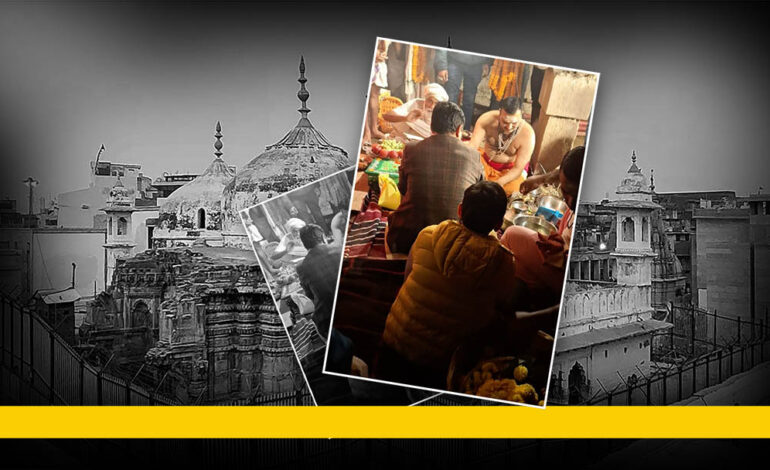
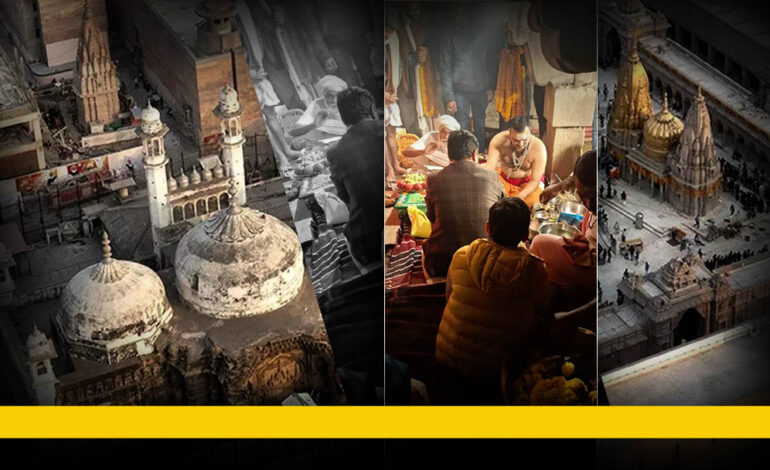
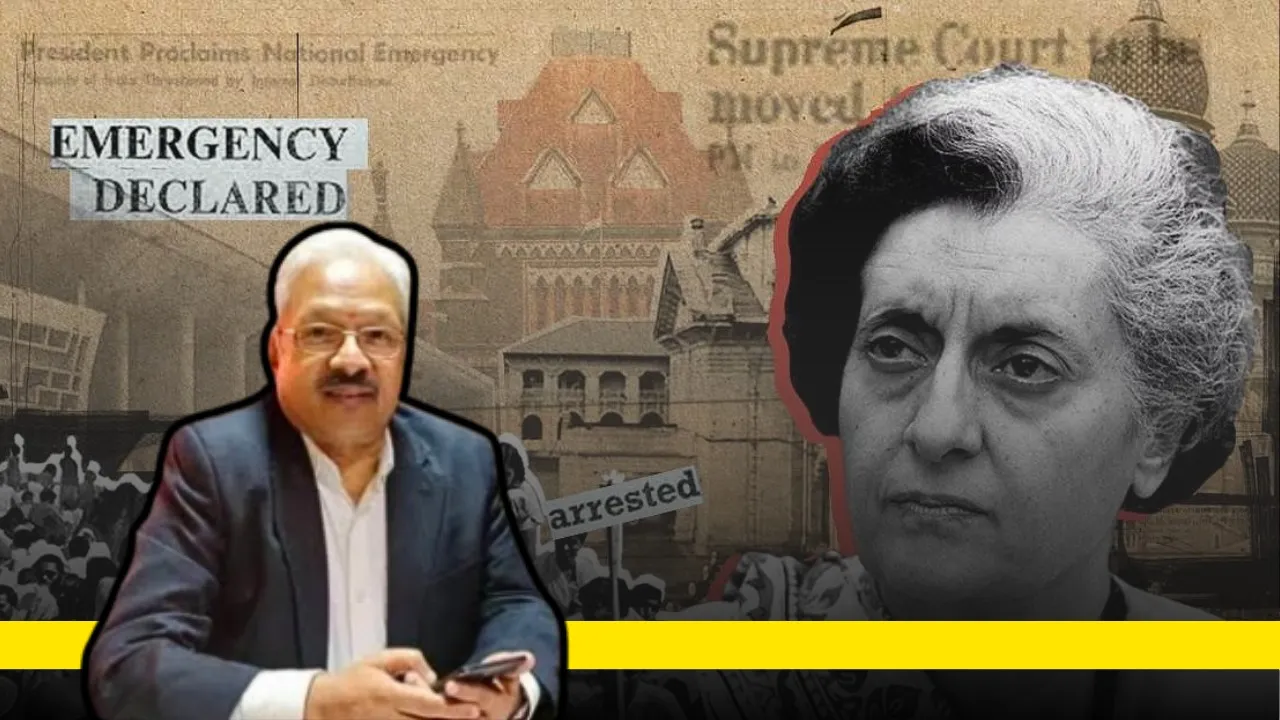
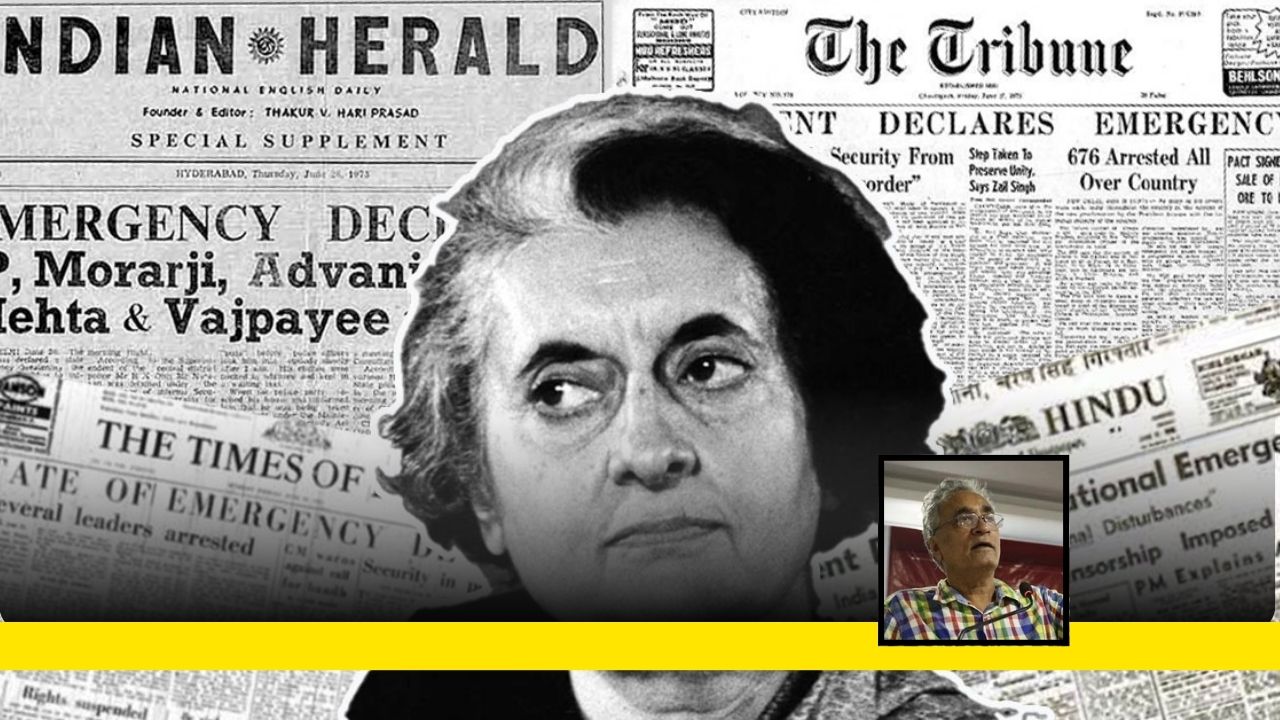
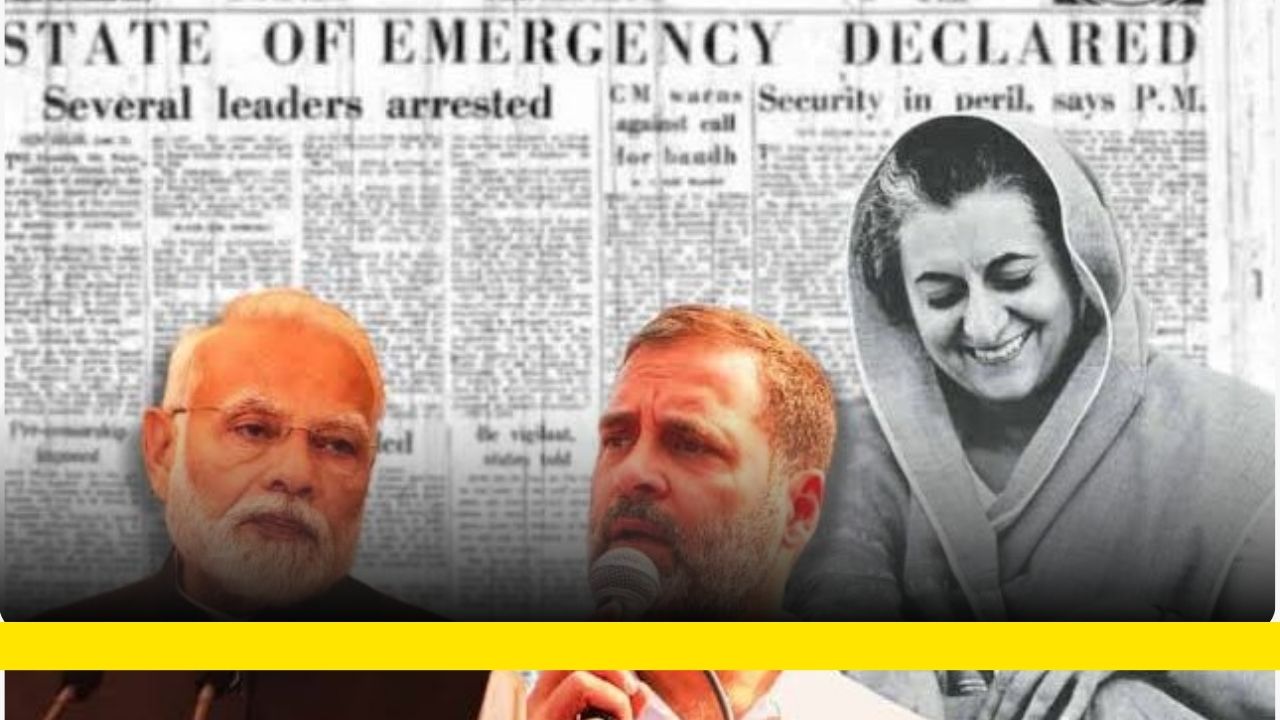
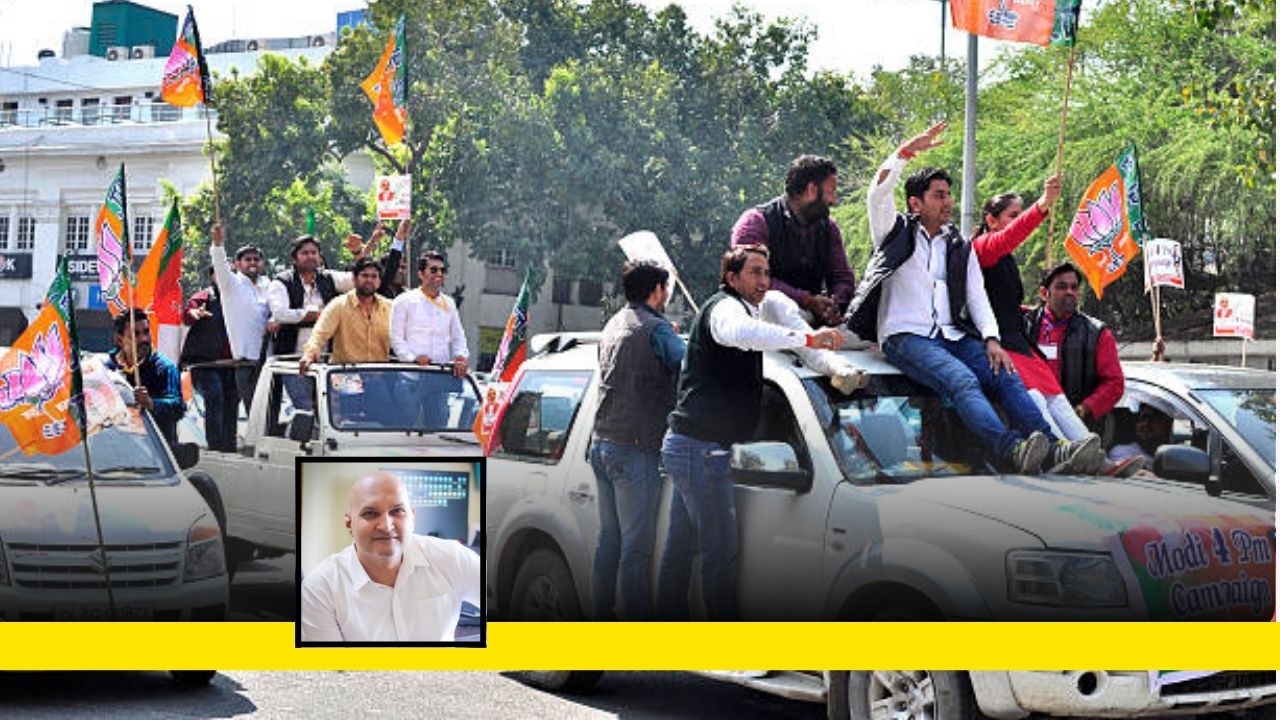


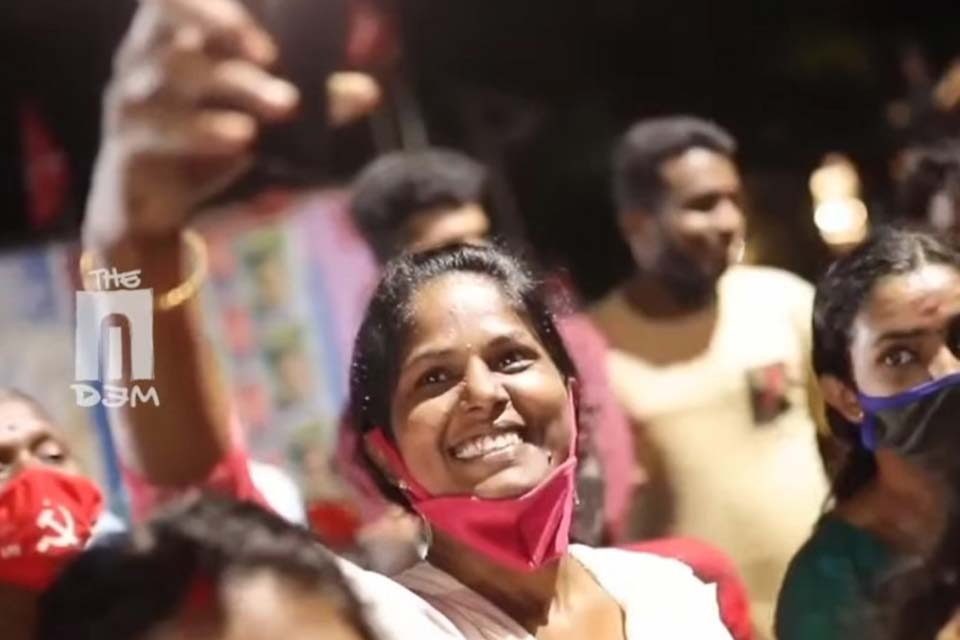

So Sarvarkar was a self proclaimed ‘Vir’.
Your portal deserves special kudos for the historic role of exposing these hypocrites